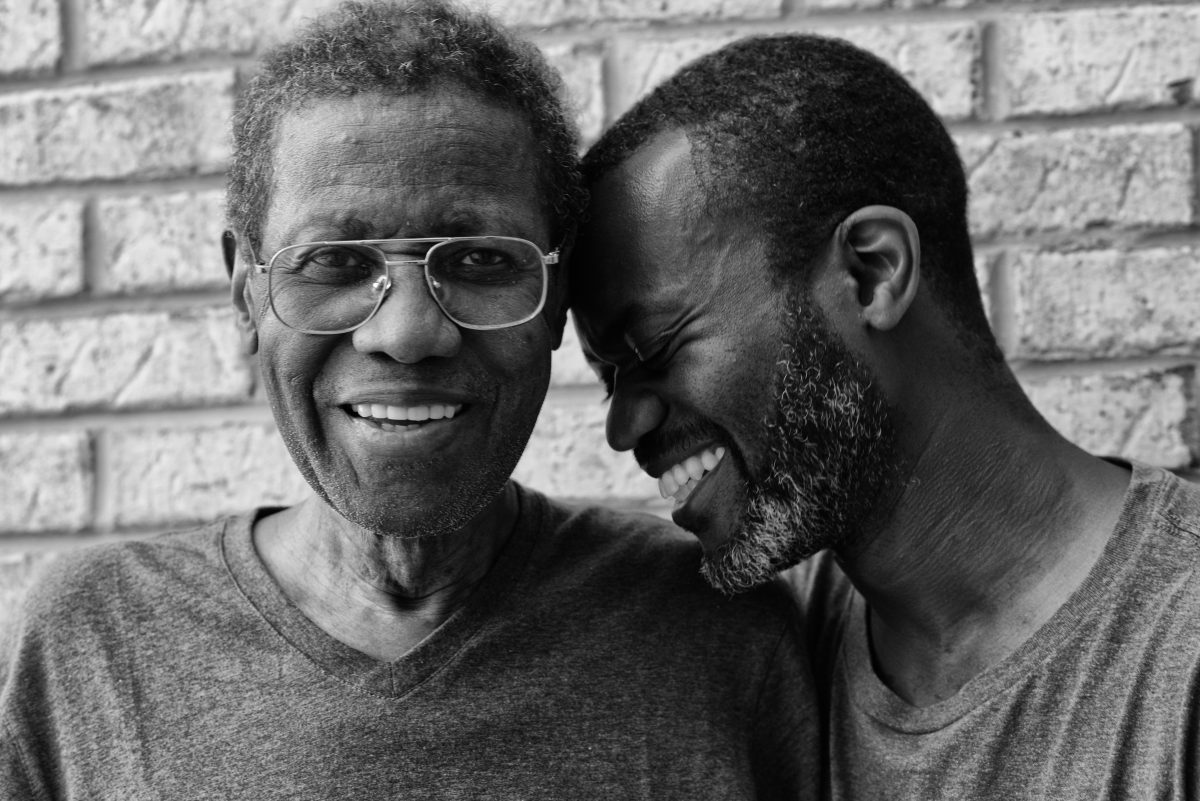When Alzheimer’s Disease strikes, everyone’s thoughts naturally go to the person who’s received the diagnosis. How will he or she cope? What are the next steps for treatment, and what life changes are in store? These are important questions — but they apply just as much to the people who will be caregivers.
What is Alzheimer’s Disease?
Alzheimer’s is the most common form of dementia, a disease that creates problems with memory, thinking and behavior. Its early warning signs can be subtle and it develops slowly. The majority of Alzheimer’s patients are 65 and older.
What are the stages of Alzheimer’s?
As the disease progresses, the patient’s caregiver will need to become increasingly involved in everyday functions. As the caregiving becomes more intensive, it’s vital that those providing care practice self-care to preserve their mental, physical and emotional health.
Alzheimer’s usually presents in three distinct stages, each requiring a different level of caregiving:
- Early stage
The patient still has independent function. He or she can drive and engage in social activities or work, and usually will do well on memory tests. Caregivers provide support and companionship, and also ensure compliance with medication and other medical needs. - Middle stage
This stage can last many years and is marked by worsening dementia, such as having difficulty finding the right word in conversations, remembering names and organization/planning. Poor short-term memory and a difficulty handling finances mean that steadily increasing care will be needed. - Late stage
This stage can also last several years, or be as short as a few weeks. It is marked by significant confusion, wandering, major personality changes, and difficulty with dressing and basic self-care. Round-the-clock care is usually required, and caregivers should have a network of support in place for relief when needed.
How can caregivers take care of themselves?
Because a caregiver’s role can last for years, it’s key to understand the early warnings signs of stress or burnout.
These signs include:
- Denial about the disease’s progression
- Anger at the person with Alzheimer’s
- Social withdrawal
- Anxiety about the future
- Depression
- Exhaustion
- Sleeplessness
- Irritability
- Lack of concentration
- Poor health
Identifying any of these symptoms — in yourself or in a loved one — means it’s time for some support.
Where can Alzheimer’s caregivers turn?
First and foremost, be aware of community resources that are available. The Alzheimer’s Association can offer help and support right away. Call their helpline 24/7 at (800) 272-3900.
For more minor stress relief, here are a few tips for things you can do on your own:
- Use relaxation techniques, such as meditation and breathing exercises.
- Take a walk — even 10 minutes can help.
- Find a source of respite care, such as hiring a trained, vetted sitter for your loved one, or asking family and friends to step in, so you can have some down time.
- Keep learning. As the patient’s situation devolves, you will need new skills, and there are groups and resources available to help you learn them.
- Take care of yourself; doctor’s appointments, a good diet, exercise and rest are all crucial.
An Alzheimer’s Disease diagnosis is life-changing for everyone involved, but it doesn’t have to define your life. If you are stepping up as the primary caregiver, know that you don’t have to go it alone. By working to ensure your own continued health and well-being, you will be better prepared to be a source of strength and support for your family member. Whatever caregiving role you assume, remember that the best thing to do is ask for help when you need it.
Get more information about specific health terms, topics and conditions to better manage your health on bcbst.com. BlueCross BlueShield of Tennessee members can access wellness-related discounts on fitness products, gym memberships, healthy eating and more through Blue365®. BCBST members can also find tools and resources to help improve health and well-being by logging into BlueAccess and going to the Managing Your Health tab.






WellTuned provides inspiration and practical advice for healthy living.
WellTuned does not offer medical advice. Any personal health questions should be addressed to your doctor.